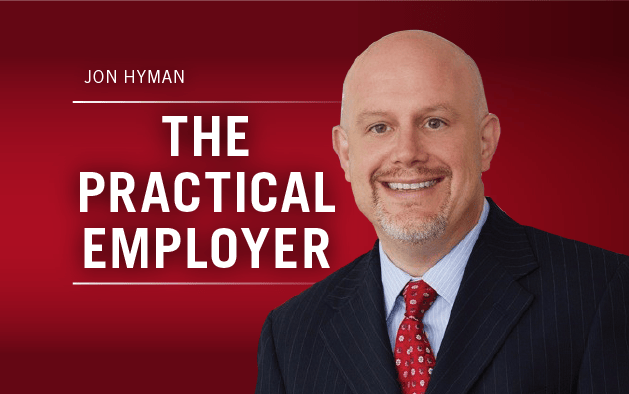There’s a difference between how people behave in their personal life and how they behave professionally. But businesses can learn something from the tactics people use to repair personal relationships, according to therapist and author Esther Perel.
One of the speakers at the Unleash 2019 conference in Las Vegas in May, Perel has extensive experience counseling couples. She consults organizations on conflict resolution as well.
“As couples’ therapists, we have wide familiarity working with polarized systems,” Perel said. “I know [how] to work with relationships where one person doesn’t believe a word the other person is saying. That’s what couples who are arguing do. So we actually have an enormous amount of experience helping companies.”
Her session at Unleash focused on how organizations can use some of the tenets of couples counseling in their workplace when it comes to working on the relationship between the employer and the employee. She also spoke after the session to answer more questions on relationships in the workplace.
Perel prefers the term “relational intelligence” over the oft-used term “emotional intelligence.” That’s because it’s not a self-referential concept, she said. Rather, it’s knowing how to deal with other people and become in tune with the needs of other.
This skill set is especially important after #MeToo, she said. Now, she added, “there’s tremendous anxiety and restlessness in the workplace about how we relate to each other, how we establish boundaries and how we deal with disagreements breaches of trust.”
People carry narratives about relationships that influence their expectations from an interaction and their interpretations of the situation they’re in. Perel calls this their “relationship resume.” People come to work with this past. Were they raised to be trusting or suspicious? Did they grow up in a household where they were taught to ask for help or figure things out on their own? Do they prefer to work collaboratively or alone?
Answers to questions like this help explain what kind of team member a person will be, Perel said. That’s a missing set of questions that employers don’t consider when they hire.
Understanding boundaries is another key relational intelligence skill useful in both personal and professional relationships.
“These days we have narrowed the definition of boundary and we have sexualized it,” Perel said. But really the term “boundary” refers to a much broader scope of situations. Boundaries in sexual situations are just a small piece of it.
In the workplace, boundaries exist in any team. This can show itself in many ways. It’s the difference between an employee who’s involved in everyone’s business and the employee who hardly interacts with any colleagues. It’s the difference between teams that act like a secret society and teams with more “porous” boundaries.
There are several key boundary questions that exist in a team. They include, Who’s involved in this project? Who needs to say what to whom? What needs to be shared, and what can be kept to oneself? How much can you be absent for three days without anyone noticing? What is private versus what is shared? And what are decisions you make alone versus decisions for which you need to ask your manager permission?
When Perel is consulting organizations, she relies on the concept of “polarity management,”“an approach to conflict resolution that’s about identifying and managing unsolvable problems,” to communicate with her client.
The specifics of how to use polarity thinking warrants its own article. Looking at it more broadly, though, Perel explained some of the key tenets behind it. Before you tell someone what they’re doing wrong you tell them what they’re doing right. Also, you acknowledge that you know what losses someone will face by doing something different.
“Before you go directly from here to here and say, ‘This is wrong, you need to do that,’ you first address the loss. Every change comes with loss,” Perel said.







